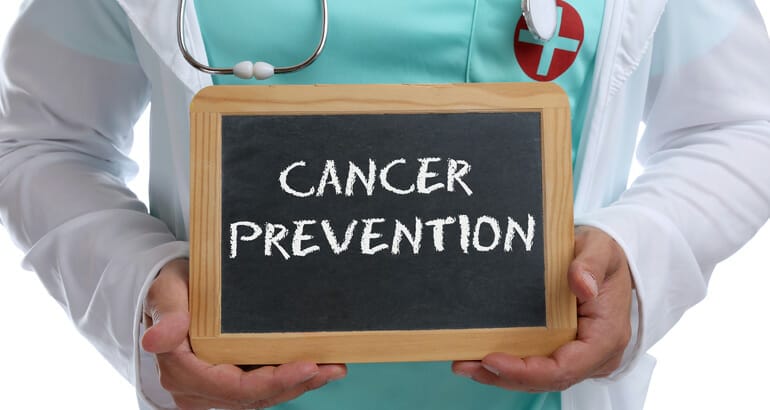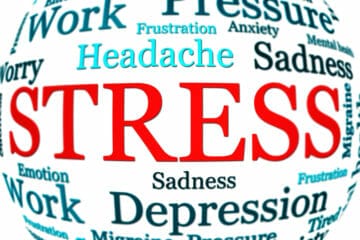Breast Cancer in Men
More similar than you think.
Even though men’s breasts are not like women’s, men do have a small amount of breast tissue. The “breasts” of an adult man are similar to the breasts of a girl before puberty. In girls, this tissue grows and develops, but in men, it does not. However, it is still breast tissue, which is why men can get breast cancer.
Men get the same types of breast cancers that women do; the difference is breast cancers in men involving the parts that make and store milk are rare. Doctors used to think that breast cancer in men was more severe than it was in women, but it now seems that it’s about the same.
The major problem is that breast cancer in men is often diagnosed later than breast cancer in women. This may be because men are less likely to be suspicious of something strange in that area. Also, their small amount of breast tissue is harder to feel, making it more difficult to catch these cancers early. It also means tumors can spread more quickly to surrounding tissues.
Who’s at risk?
Breast cancer in men is a rare disease. Less than 1% of all breast cancers occur in men. In 2018, about 2,550 men are expected to be diagnosed with the disease. For men, the lifetime risk of being diagnosed with breast cancer is about 1 in 1,000. Rarely are men under age 35 likely to get breast cancer, but a man’s chance of getting breast cancer increases with age. Most breast cancers occur in men between ages 60 and 70.
Additional factors that raise the odds for male breast cancer include:
- Breast cancer in a close female relative.
- History of radiation exposure of the chest.
- Enlargement of breasts (called gynecomastia) from drug or hormone treatments or even from some infections and poisons.
- Taking estrogen.
- A rare genetic condition called Klinefelter’s syndrome.
- Cirrhosis, a severe liver disease
- Diseases of the testicles such as mumps orchitis, a testicular injury, or an undescended testicle.
What are the Symptoms?
Symptoms of breast cancer in men are similar to those in women. Most male breast cancers are diagnosed when a man discovers a lump on his chest.
Unlike women, men tend to delay going to the doctor until they have more severe symptoms, such as bleeding from the nipple. At that point, the cancer may have already spread.
Diagnosis and Treatment
The same techniques that are used to diagnose breast cancer in women are used in men: physical exams, mammography and biopsies, where small tissue samples are examined under a microscope.
Treatments of breast cancer are the same in men as in women. Surgery, radiation, chemotherapy, biological therapy, and hormone therapy are all used to treat breast cancer in men. The one major difference is that men with breast cancer respond much better to hormone therapy than women. Generally, 90% of male breast cancers have hormone receptors, meaning that hormone therapy can work to treat the cancer in most men.
Key Factors
Early detection can help prevent the spread of cancer. If there is a history of male breast cancer in the family, men should check regularly for lumps and report any changes to a doctor as soon as possible.
In general, leading a healthy lifestyle is a good way to help prevent male breast cancer, as well as many other serious health conditions.
Source: HealthIT.gov, Cancer.gov





